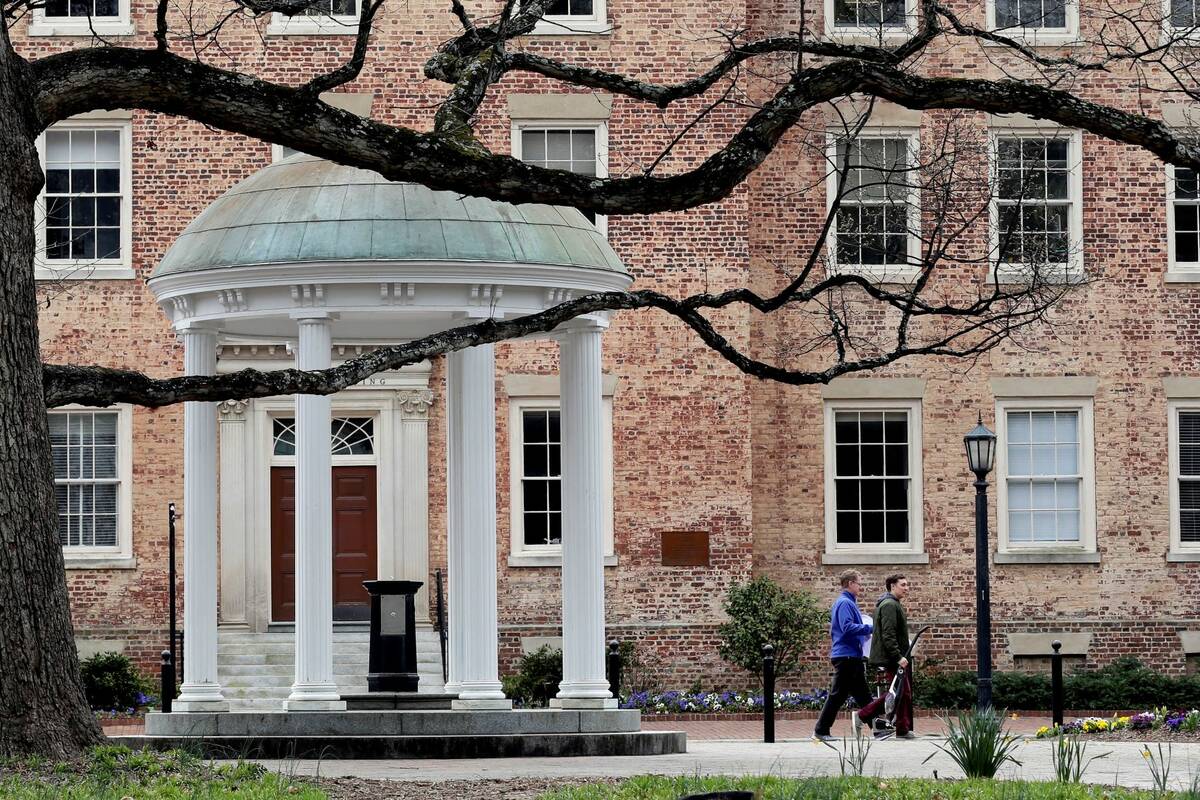EDITORIAL: A bad year for free speech on university campuses
Once upon a time, college campuses were places where the free exchange of ideas thrived. Fiery debates in lecture halls and dorm rooms weren’t just tolerated — they were celebrated. These exchanges built friendships, sharpened minds and trained students to think critically.
In addition, the best professors challenged beliefs, not in an attempt to impose their own views, but to expose weaknesses in arguments and deepen understanding. Respect for opposing perspectives and a reverence for the First Amendment were hallmarks of the university experience.
Sadly, those days appear long gone on many campuses, as censorship and intimidation plague institutions of higher learning.
A record 164 speakers and events were targeted for disruption or cancellation in 2024, according to the Foundation for Individual Rights and Expression. Half of these deplatforming attempts succeeded, with events canceled, speakers disinvited or discussions disrupted by mob outrage.
At UNLV, for instance, a visiting physics professor from Israel was escorted out of a classroom by police after pro-Palestinian protesters disrupted his lecture on black holes.
This wave of censorship is largely fueled by a progressive intolerance. Instead of engaging with ideas they disagree with, students demand the removal of those espousing them. Administrators, fearing backlash, often cave to these demands, stifling the free exchange of ideas that universities are meant to uphold.
The consequences of this spineless institutional neutrality are dire. A culture of self-censorship now pervades campuses, according to many professors and students. Kids are afraid to voice controversial opinions, fearing social ostracism or academic penalties. Professors hesitate to challenge students, knowing that even an innocent comment could spark outrage. The result is intellectual stagnation and a breeding ground for intolerant mobs. Students leave college without the critical thinking skills they need to navigate complex issues or the ability to engage respectfully with opposing views.
And this rise in deplatforming isn’t new. As Reason magazine’s Emma Camp notes, FIRE’s database records more than 1,500 attempts to silence speakers since 1998, with incidents nearly doubling in recent years. But universities have a responsibility to foster environments where ideas clash, arguments are refined and students are prepared for the real world.
Let’s hope that 2025 represents a reversal of current trends. Universities need to return to their roots as open marketplaces of ideas. Administrators must stop caving to campus mobs and instead uphold principles of free expression. Most importantly, students must learn that disagreement is not oppression and that robust debate strengthens, not weakens, society.

















